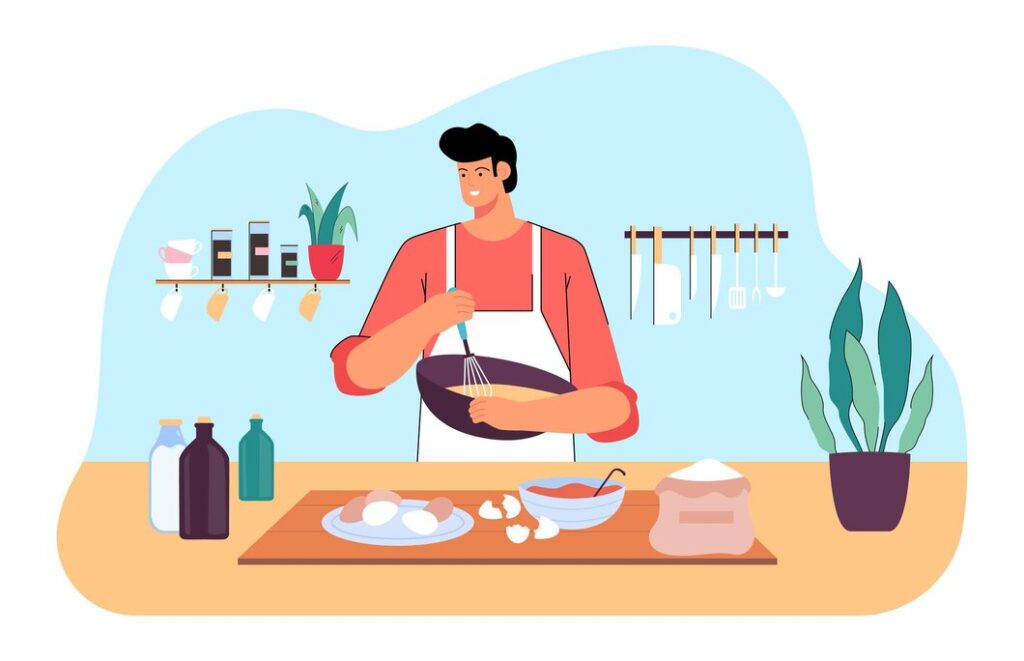The Ultimate Guide to Cooking with Eggs
Eggs are a versatile and nutritious food that can be prepared in a variety of ways, from breakfast staples like omelets and scrambled eggs to baked goods and savory dishes. Understanding the cooking times, sizes, and nutritional content of eggs is essential for anyone who wants to maximize their culinary potential. This guide will answer the most common questions about eggs, helping you make informed decisions about cooking and consuming this delicious ingredient.
![]()
Egg Calculator
Cooking Time Estimation
Egg Size Conversion
Nutritional Information

Common Questions About Eggs
Briefly and concisely explain what you do for your audience.
Consider using this if you need to provide more context on why you do what you do. Be engaging. Focus on delivering value to your visitors.
Conclusion
Understanding the intricacies of cooking with eggs can enhance your culinary skills and improve the quality of your dishes. By following the tips and answers provided in this guide, you can prepare eggs perfectly every time and make the most of this nutritious ingredient. Whether you’re boiling, baking, or scrambling, eggs are a versatile and delicious addition to any meal.
SEO Components
Page Title
Egg Calculator and Cooking Guide: Perfect Your Egg Dishes
Meta Description
Discover how to cook eggs perfectly with our egg calculator and guide. Learn about egg sizes, nutritional information, and tips for making delicious egg dishes.
Primary Keyword
- Egg Calculator
Secondary Keywords
- Egg Cooking Time
- Egg Size Conversion
- Egg Nutrition Facts
- How to Boil Eggs
- Egg Recipes and Tips
External URLs
For more information on eggs and cooking techniques, check out:
- American Egg Board: Egg Nutrition Center – https://www.eggnutritioncenter.org/
- BBC Good Food: Egg Recipes and Tips – https://www.bbcgoodfood.com/recipes/collection/egg
- Incredible Egg: Cooking Tips and Recipes – https://www.incredibleegg.org/recipes-and-more/recipes/
These SEO components are designed to improve the article’s visibility on search engines by targeting relevant keywords and providing.
